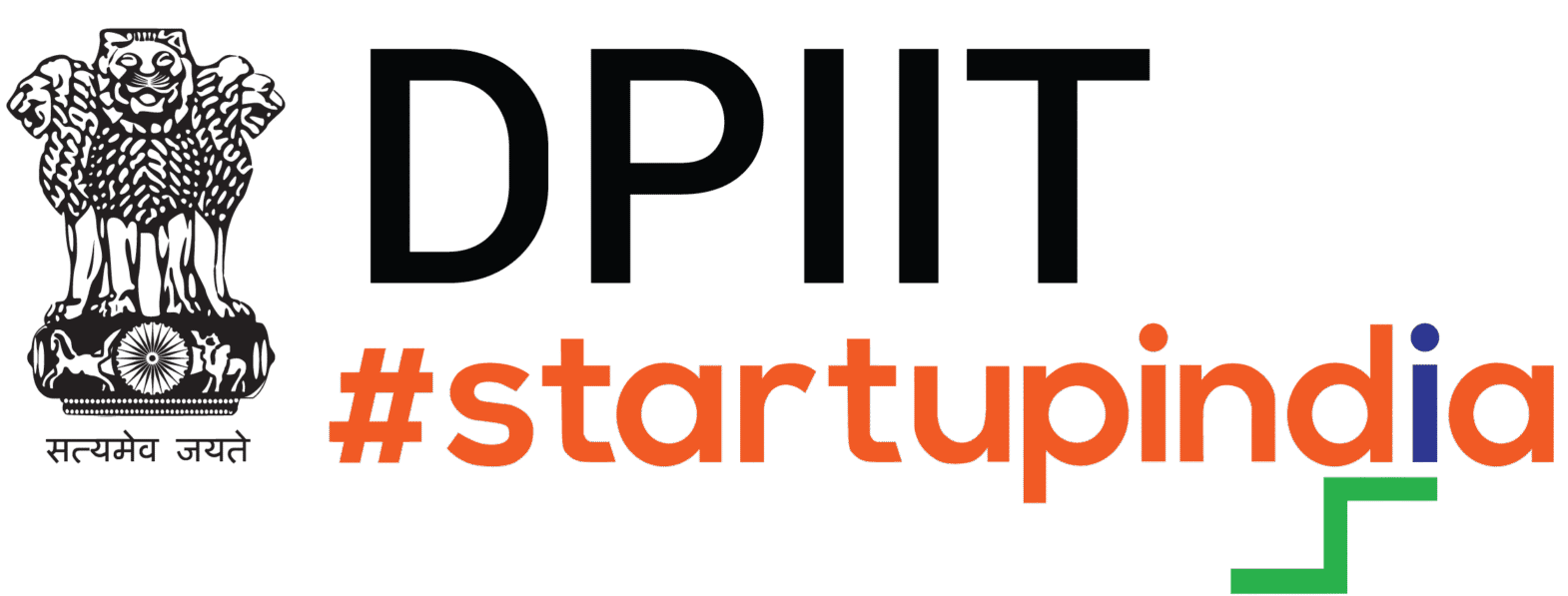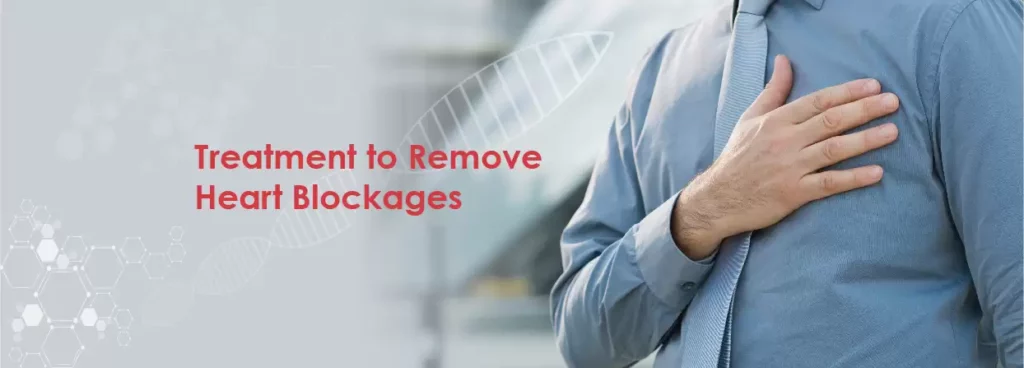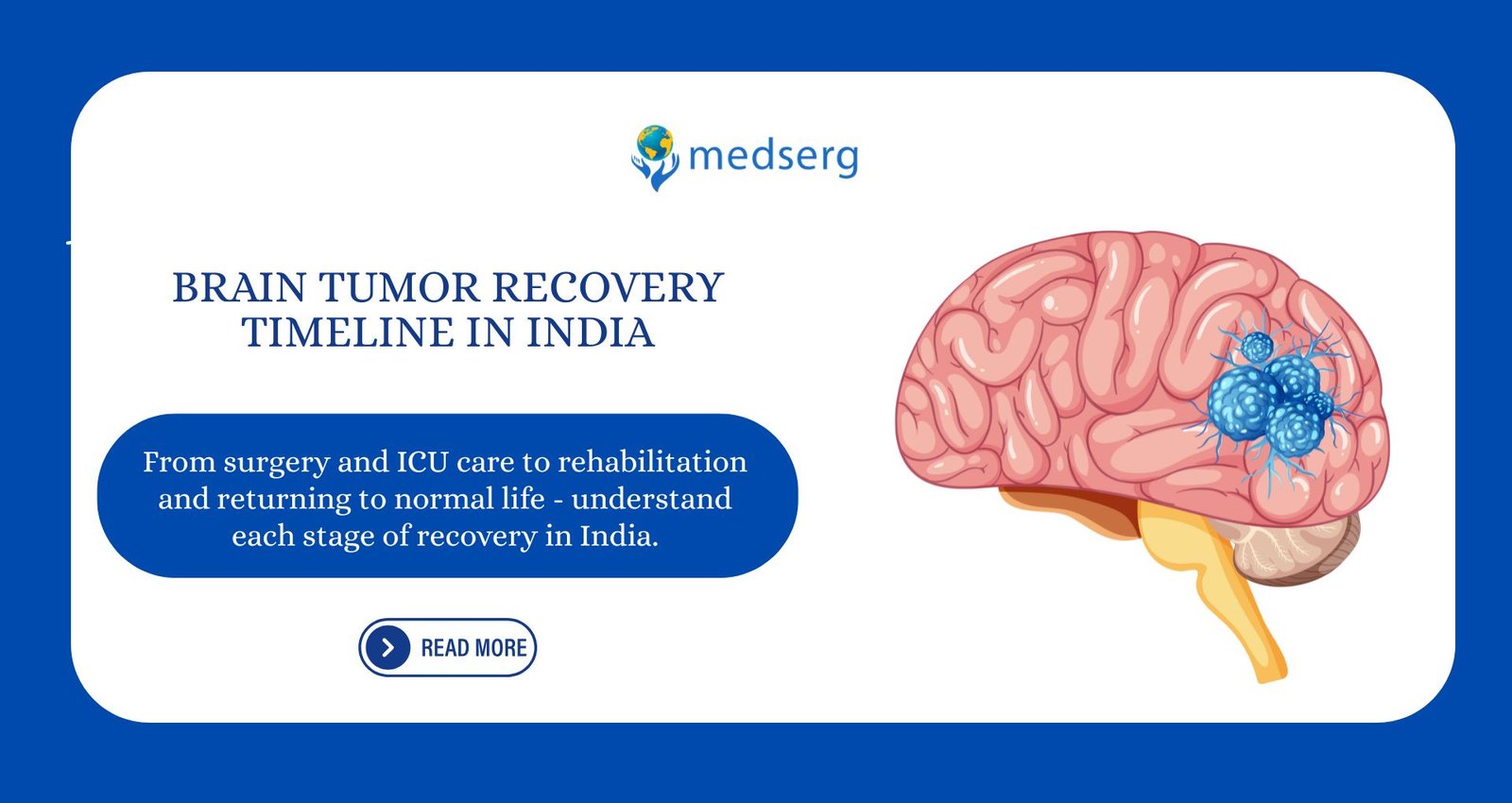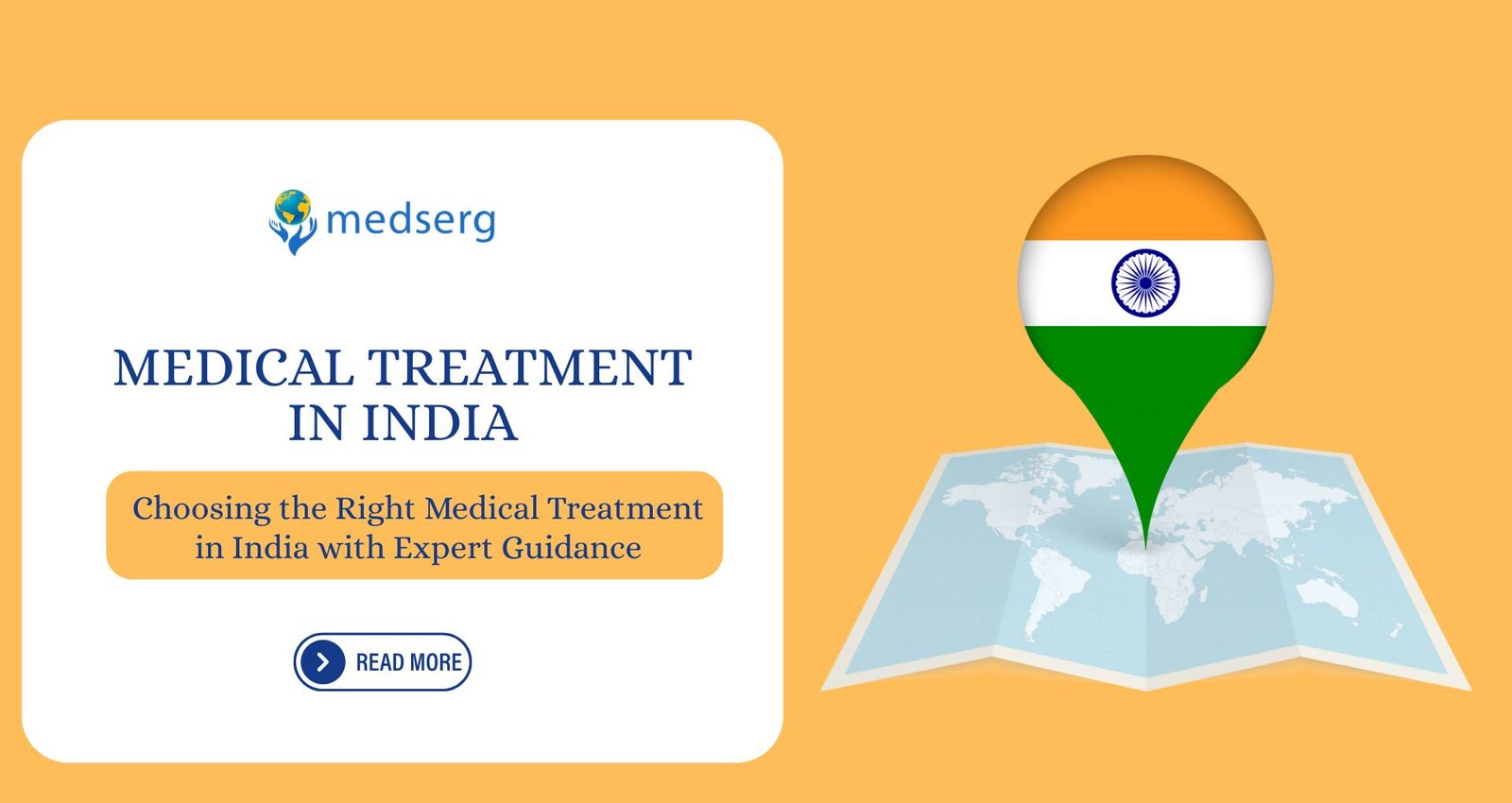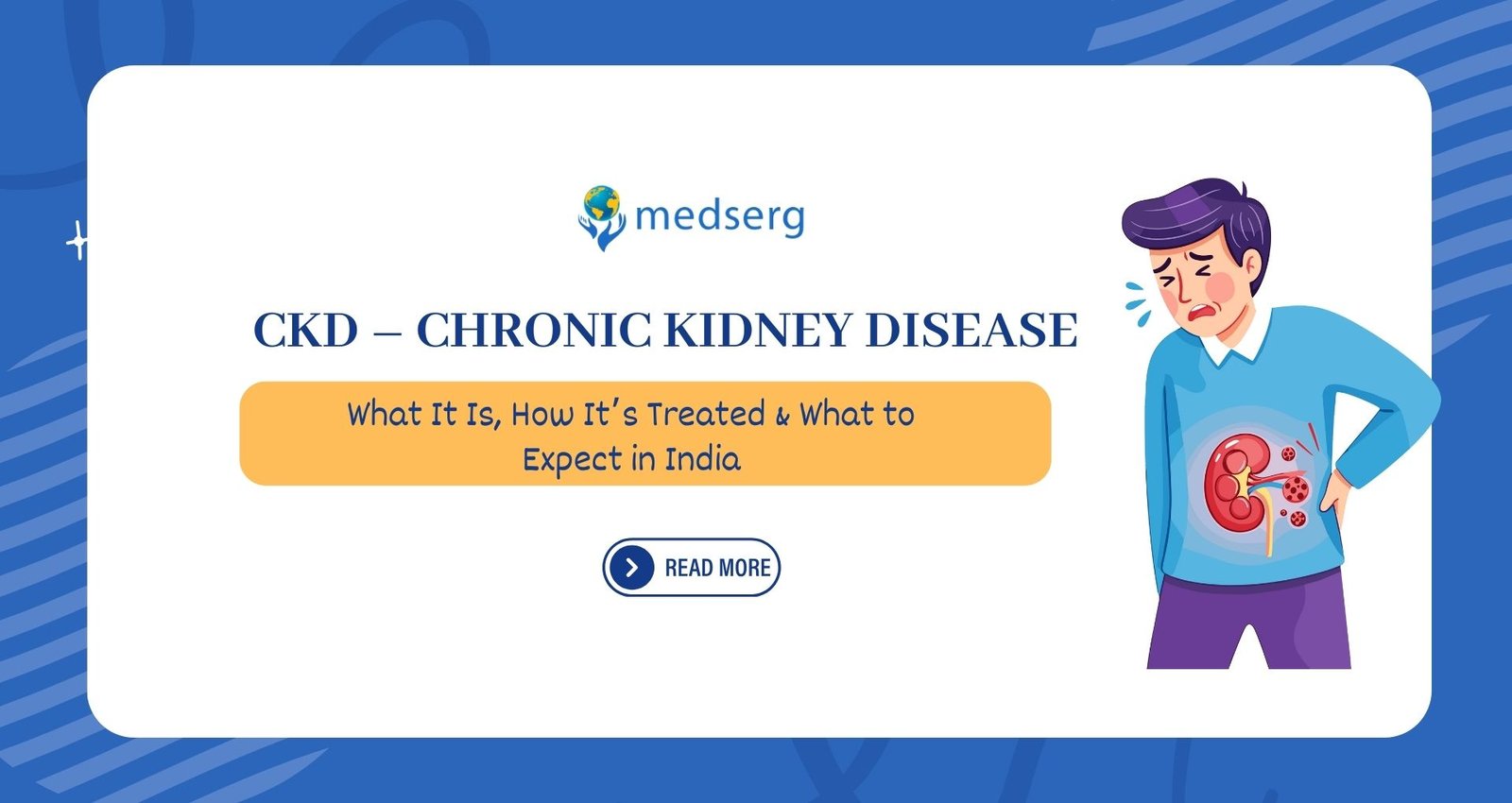Heart blockage is a problem that occurs when there is an abnormal heart rhythm. In this condition, the heart beats way too slowly as compared to a normal beating rhythm, the heartbeat is driven by an electrical signal that comes from the sinoatrial node, located at the top of the right atrium. The signal travels through the atria and reaches the atrioventricular node, which tells the heart to contract and pump blood. A heart block occurs when this electrical signal is delayed or interrupted. It is also known as the atrioventricular block (AV block).
Some people are born with heart block, while others develop it at a later stage. If the former is the case then it is known as congenital heart block. There are different reasons for that which include an autoimmune disease that passes from mother to the child or a birth defect; in this case, the heart may not have developed correctly in the womb.
For people who are prone to heart block at a later stage, it is known as acquired heart block. This can be caused due to various reasons including certain changes in the genes, damage from a heart attack, muscle disorders, certain surgeries that affect the heart’s electrical system, or some medicines.
Symptoms of Heart Blockage
If a person has a heart block problem, then they may experience the following symptoms:
- Shortness of breath
- Palpitations or slow or irregular heartbeats
- Chest pain
- Dizziness
- Fatigue
- Nausea
- Cardiac arrest
- Severe tiredness
- Fainting
Diagnosis of Heart Blockage
If you experience the above-mentioned symptoms for heart block, it is highly recommended that you go for the heart blockage treatment. Once you visit a cardiologist, the doctor will ask for some general information. The doctor will first review your complete medical history and will then ask questions regarding your diet, activity level, and overall health. The cardiologist will also ask you if you are on any medications (prescription or over-the-counter) or if you are a regular smoker. The doctor will then recommend some common diagnostic tests including:
Electrocardiogram (ECG): This test is basically performed to record the electrical activity of the heart. The test shows the speed and rhythm of the heart and it is usually used to determine arrhythmias, heart attack, angina attack, and heart block.
Echocardiogram: This test is used to check the working and structure of the heart using ultrasound. The test uses sound waves that create a moving picture of the heart on the monitor. This helps the doctor to check the heart muscles are contracting normally.
Holter Monitoring: If the heart rhythm is not properly detected during an ECG exam, doctors perform Holter monitoring. In this, a portable device, is generally of an action-camera size and has wires with silver dotted electrodes. The patient needs to wear the Holter monitor to record a continuous ECG, while he/she performs his/her daily tasks. The test lasts for at least 24 to 72 hours.
Heart Blockage Treatment
The heart blockage treatment depends upon the condition of the patient.
- If a patient is suffering from first-degree heart block, it does not require treatment.
- In the case of second-degree heart block, if the symptoms are prominent then the patient may require a pacemaker.
- The same is the case with Mobitz Type II.
- However, in case of a third-degree heart block, a pacemaker is highly required. The pacemaker or an implantable cardioverter defibrillator also known as an ICD are portable device that a cardiologist places under the skin of the patient’s chest or under the muscle. The pacemaker monitors and sends electrical signals to stimulate the heart to beat at a specific rate. The pacemaker becomes active is the heartbeat slows below a predefined level.
Know the leading Heart Surgeons in India. Visit Medserg Health.


















